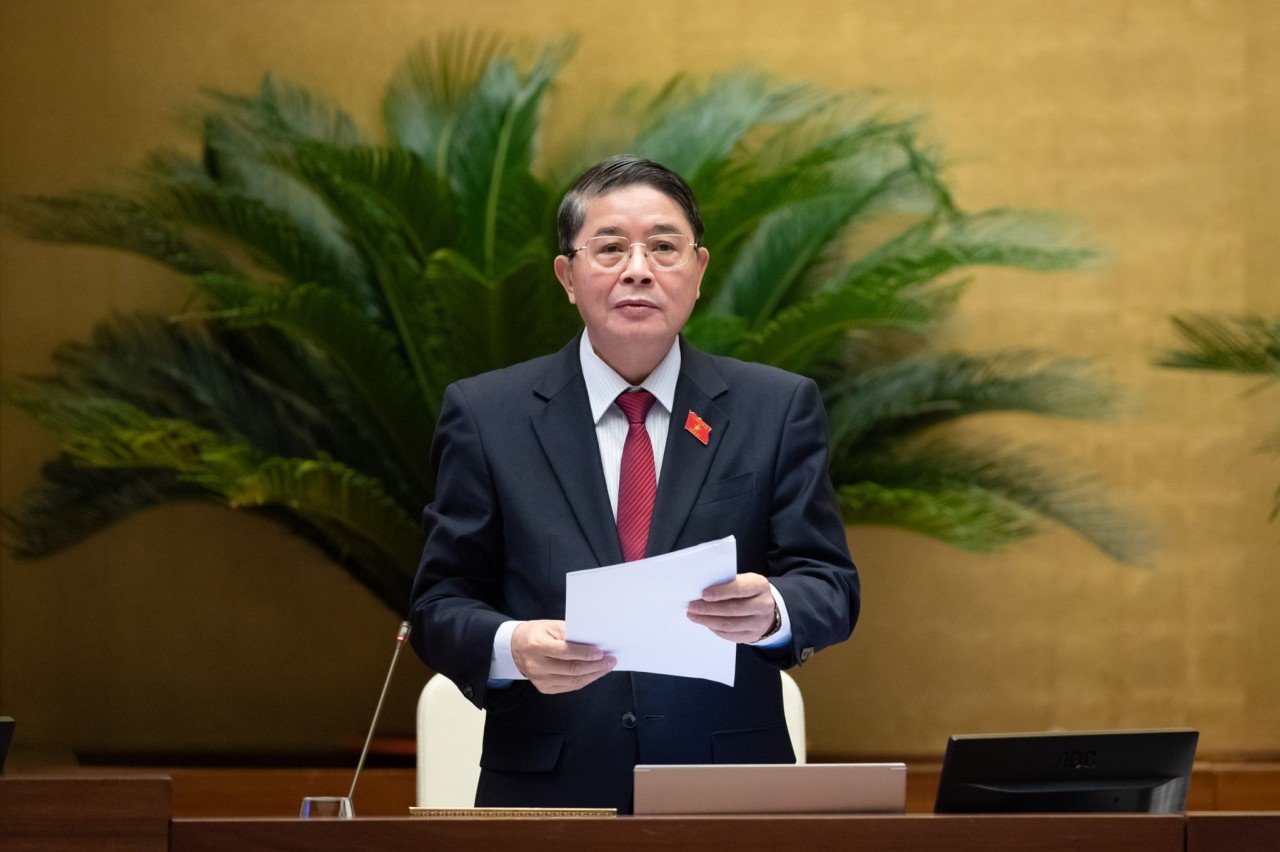 |
| Vice Chairman of the National Assembly Nguyen Duc Hai emphasized the special interest and expectations of National Assembly deputies, voters and people nationwide for the Land Law (amended). |
At the beginning of the discussion, Vice Chairman of the National Assembly Nguyen Duc Hai said that 170 delegates had registered to speak. This shows the special interest and expectations of National Assembly delegates, voters and people nationwide for this content. The draft Land Law (amended) has a wide scope of regulation, difficult and complicated content, greatly affecting the lives and rights of all people as well as the socio-economic development activities of the country.
Delegates assessed that the draft Law submitted to the National Assembly this time has been carefully and seriously revised and perfected, taking into account the maximum opinions of the people, agencies and organizations, and the quality has been much improved compared to the draft Law submitted at the 4th Session.
Principles and methods for determining land prices are among the issues that National Assembly deputies are interested in, contributing ideas and proposing many solutions to ensure harmony of interests between the state, investors and people.
Delegate Tran Van Khai (Ha Nam) said that one of the tasks and solutions set out in Resolution No. 18-NQ/TW on continuing to innovate and perfect institutions and policies, improving the effectiveness and efficiency of land management and use, creating momentum to turn our country into a high-income developed country (Resolution 18) is to perfect the mechanism and policies on land finance, research and have policies to regulate land rent differences, ensuring publicity and transparency.
Accordingly, the land rent difference is formed from the conversion of land use purposes, from low-value land to high-value land. Agricultural land is bought, compensated at low prices, then converted to non-agricultural land, residential land, commercial land, and service land with prices ten times higher than agricultural land.
"The issue of handling land rent differences is hiding many injustices in society," delegate Tran Van Khai gave his opinion and proposed that the Land Law (amended) must eliminate injustices from benefits due to land rent differences, avoid loss of land resources; at the same time, build land finance policies, methods of determining land prices, ensuring harmony of interests in exploiting land rent differences between the state, investors and people.
In principle, the method of determining land prices, the delegate said: “The provisions in the draft Law are not sufficient to determine land prices in practice. The basis for determining land prices close to market prices is still vague. Land prices in 2023 are different from those in 2024, so it is very difficult to determine them so as not to lose money.
On the other hand, determining land prices must harmonize the interests of the state, investors and people. If following the safe plan, compensation and resettlement support will be too large, making it difficult to attract investors to implement projects, contributing to socio-economic development.
Delegate Tran Van Khai suggested that the drafting agency continue to research and perfect methods for determining land prices according to market prices, ensuring clarity and full and comprehensive institutionalization as required by Resolution 18.
Commenting on the content of planning and land use plans, delegate To Van Tam (Kon Tum) said that this is an issue that people are concerned about, including the fact that the planning has been established and approved, but in reality, the implementation is slow or some of the planning contents cannot be implemented.
This slow implementation is not just 5 years, 10 years, 20 years, even longer. People often call this case "suspended planning".
The delegate emphasized that "suspended planning" not only wastes land resources and affects the socio-economy, but also causes difficulties and disrupts people's lives. Residents in suspended planning areas live in a state of anxiety and misery, "unable to leave or stay". Therefore, the amendment of the Land Law needs to have clear and feasible regulations to eliminate this situation.
Therefore, the delegate proposed to remove the vision in the planning and land use plan stipulated in Article 62 of the draft Law, because the vision is only an estimate and forecast, and the forecast may or may not be accurate. Thus, this may be a factor in the suspended planning.
People only want the State to clearly define the specific land use planning period and their rights in the planning area. The removal of the planning vision is to meet this need.
To ensure the rights of people in the planning area, it is necessary to revise and supplement Clause 3, Article 76 of the draft Law in the direction: When the land use planning has been announced but there is no district-level land use plan, land users can continue to use and exercise land use rights prescribed in Article 38 of this Law and related laws.
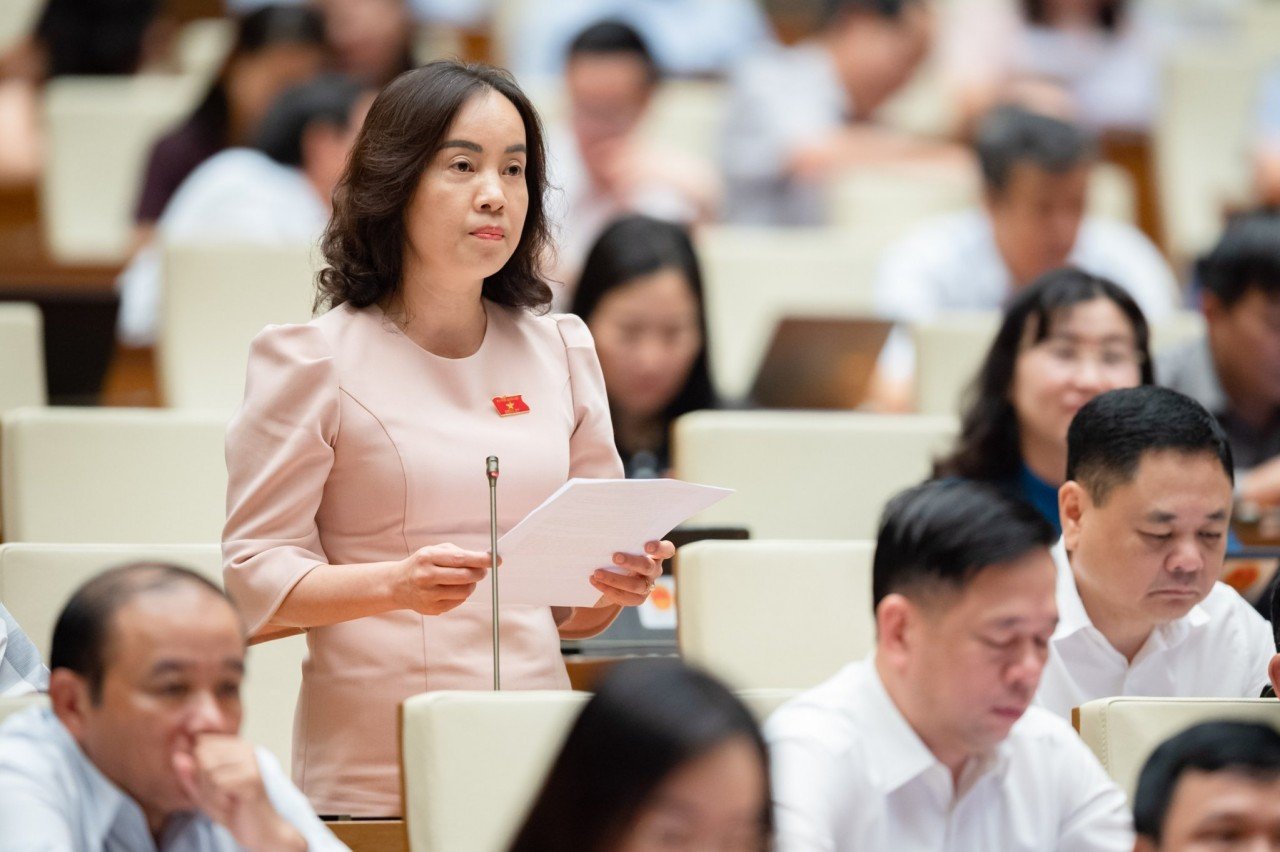 |
| Delegate Nguyen Thi Kim Anh (Bac Ninh) spoke at the conference hall on the afternoon of June 21. |
Concerned about the regulations on converting the purpose of using rice-growing land and forest land, delegate Nguyen Thi Kim Anh (Bac Ninh) suggested: "It is necessary to strictly manage the planning of rice-growing land and forest land areas and determine specifically for each locality, down to the commune level".
According to delegates, Resolution 18 clearly states that it is necessary to strengthen management and strictly control the conversion of land use purposes, especially rice-growing land, protective forest land, special-use forest land, and production forest land that are natural forests.
“However, the criteria for changing the purpose in the draft Law are only formal and do not have any criteria for content,” said delegate Nguyen Thi Kim Anh; at the same time, she proposed to clearly stipulate the investigation, assessment, statistics, counting, quantification, and full accounting of the effectiveness of agricultural land use in the economy and “it is necessary to summarize this issue in one chapter.”
In addition, it is necessary to immediately stipulate in the law the criteria and conditions for converting the purpose of using rice-growing land and forest land to other purposes. This is an important basis for localities to implement uniformly nationwide; at the same time, consider decentralization and controlled delegation of power to avoid localization, the risk of affecting food security, biodiversity loss, etc.
It is expected that the draft Land Law (amended) will be submitted to the National Assembly for consideration and approval at the 6th Session according to the 3-session process.
Source


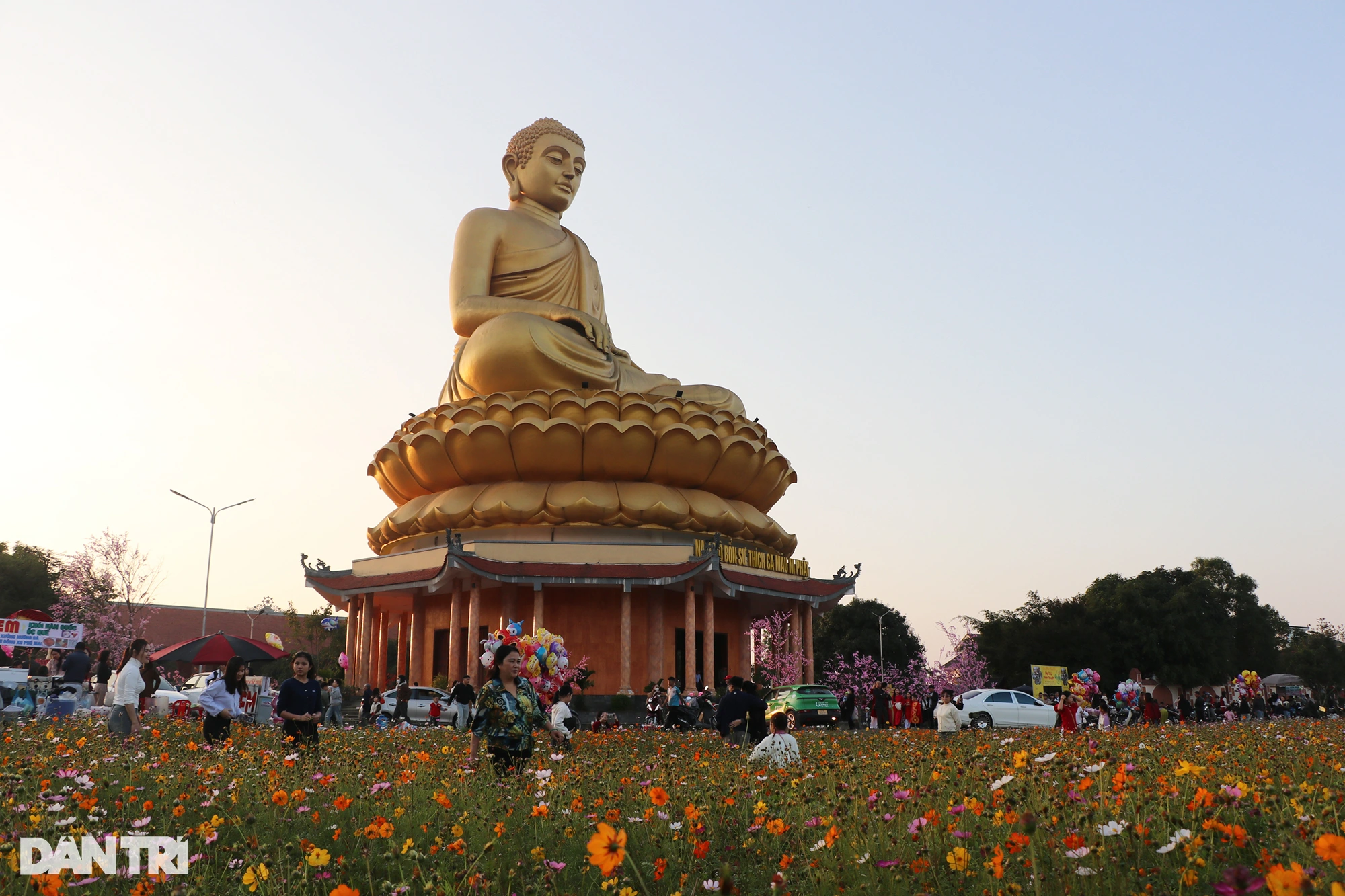



















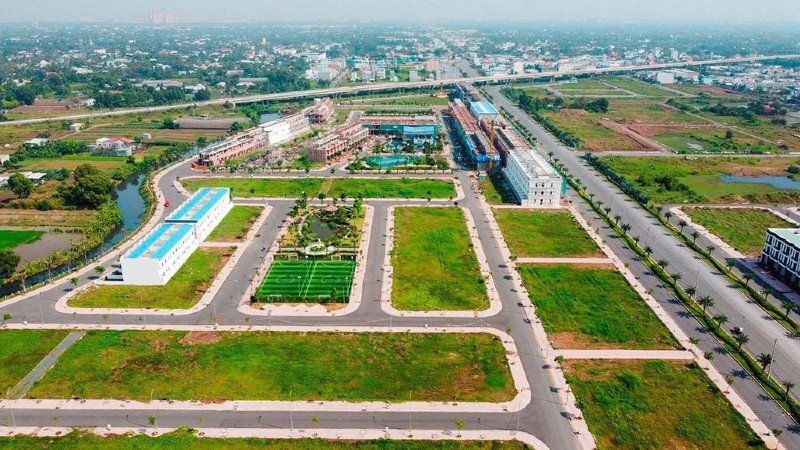

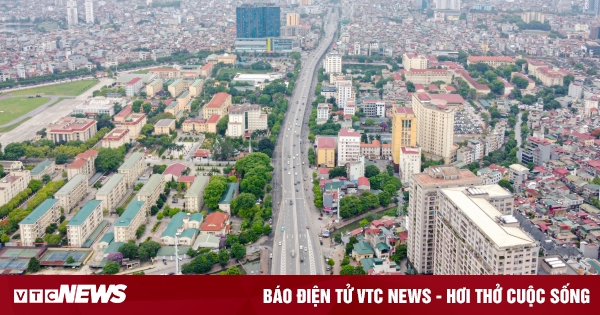

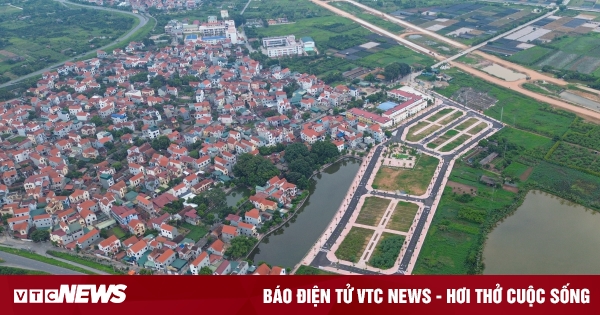
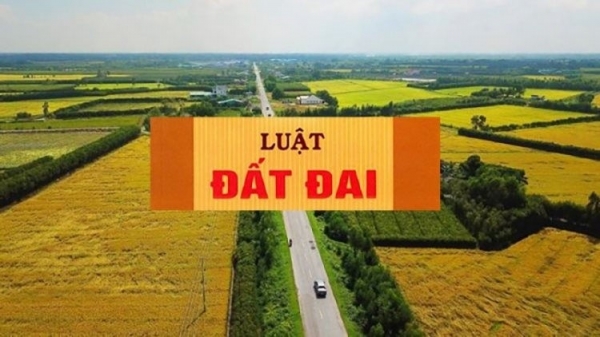
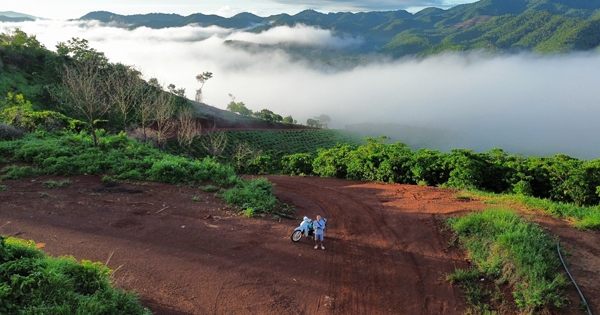

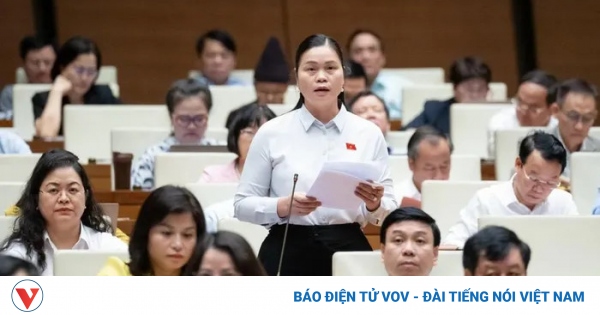























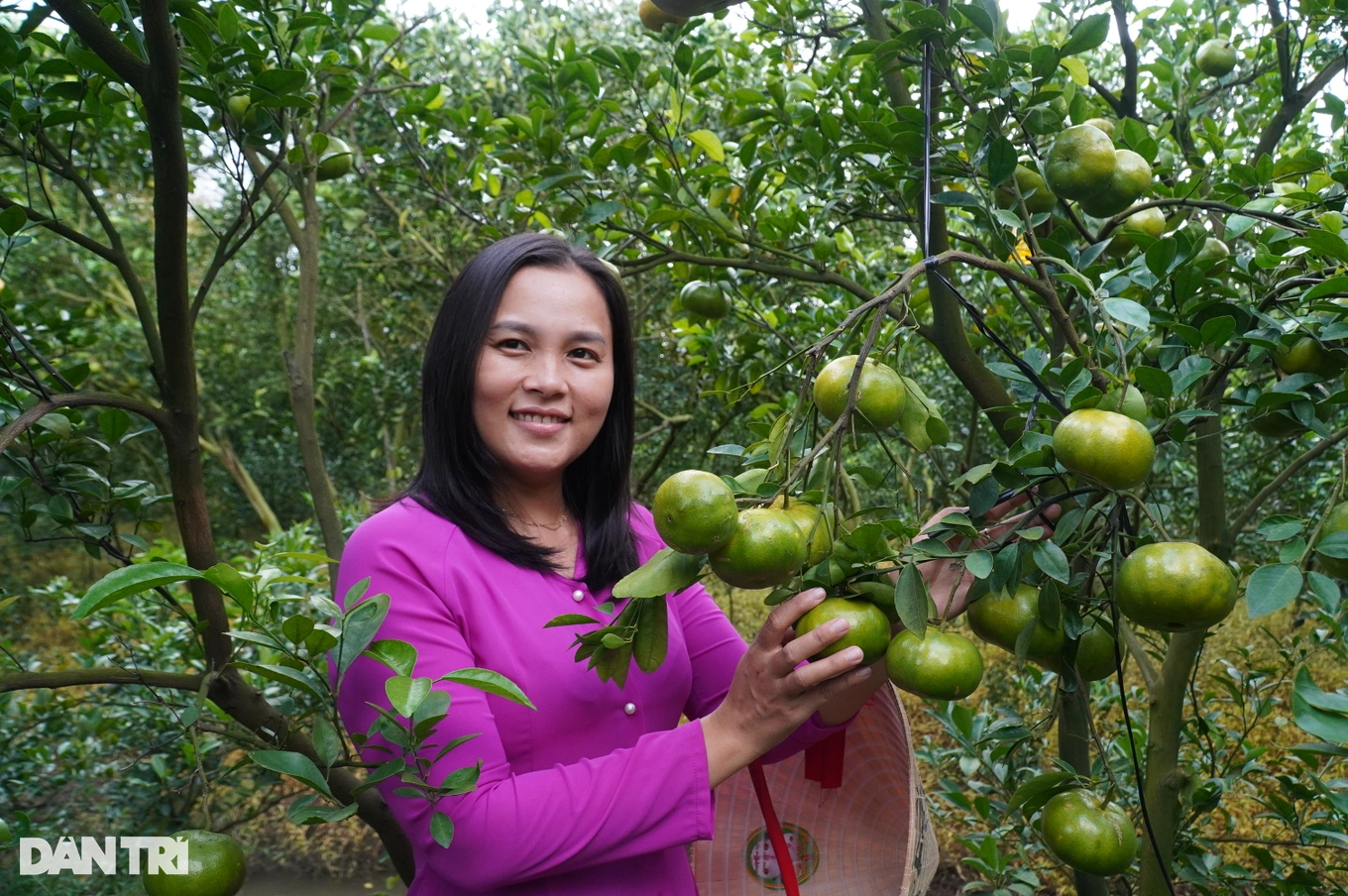








Comment (0)